|
Sentence length can affect tension. This post looks at how overwriting can mar the pace of a novel and frustrate a reader, and how less can sometimes be more.
Around eighty per cent of the books that end up in my editing studio are in the crime fiction genre.
One of the most common problems I encounter is overwriting. That’s not because the authors are poor writers. It’s because they’re nervous writers. It takes a lot of hard graft to put enough words on a page to make a book. Yet it takes an equal amount of courage to remove them ... or some of them. ‘What if the reader just doesn’t get it?’ ‘What if they’ve forgotten what I told them above?’ ‘What if I haven’t provided enough detail?’ ‘What if I just love both ways I’ve said that?’ These are the kinds of questions that result in anxious authors bulking up their prose. In a bid to help you trim the fat, I’m going to explore the following:
Trusting your reader The issue is sometimes one of trust – in the author’s own writing and in the reader’s ability to fill in the gaps. Some genres of fiction lend themselves well to more flowery prose that goes off at a tangent for a moment, a little narrative indulgence for the purpose of artistry or even titillation. Crime fiction, however, is all about the page turn. That doesn’t mean that the description isn’t rich, but there is an expectation of forward momentum. Avid readers of the genre love it for the thrill of the ride. Great characterization is key, of course. We want the protagonist to draw us in, the antagonist to pique our curiosity, and the supporting cast to deepen the picture, but ultimately we want to know whodunnit. And that means we want words that help us understand what’s happening, why, where, who’s doing it, whom it’s being done to, why it’s being done, and how it feels. And we only need to be told once. We might need a little clarifying nudge here and there but we’re capable of extracting a lot with less than you might think. Feisty fragments and snappy shorties If you’re trying to evoke tension in your reader, short sentences and fragments can be very effective. Look at the following examples and notice how the authors keep their narratives lean. Here’s an excerpt from Gone Bad by JB Turner:
Turner gives us just enough to set the scene – when, where, who and what – but no more. He trusts us to fill in the gaps.
He might have given a more detailed description of the forest – its sounds and smells. He might have delved deeper into Cain’s emotions, or helped us to picture the backpack by detailing the colour, make, number of pockets and zips, and where the ammo was being held. He could have told us, word for word, how Cain loaded the gun, how careful he was, which bullets he used. But he doesn’t. Turner leaves it to us to imagine the woods, to see in our mind’s eye the loading of the rifle, and to sense the cold hard determination of the shooter. And the backpack gets no more than a passing mention, because to do more would slow the pace and act as a distraction. And the result is just right – Goldilocks would approve. Now consider the choppy fragments in Jens Lapidus’s Life Deluxe:
Lapidus loves the colon more than any other author I’ve come across! It’s a hard piece of punctuation but it works because the characters we’re being introduced to lead hard lives. They’re always looking over their shoulders, thinking in short snaps, weighing up what’s in front of them ... and what might be behind.
Lapidus dares to trust us, dares not bore us. And because of, rather than despite, the short sentences and fragmented prose, reading the scene is an immersive experience for the reader. I recall a sense of taut fatigue as I read this book, like I was right there, ever watchful, on my guard. This author’s deliberate punctuation choices and choppy style mean the word count is reduced but the tension is heightened. He doesn’t pad his narrative with purple prose and stage direction. Like Turner, he trusts us to do the work. Damage by dilution Consider your own writing. Leave your draft alone for a few days. Then return to it and see what happens if you take a more reductive approach to a scene. It's all about balance at the end of the day. Not too much but not too little. Howard Mittelmark & Sandra Newman write:
I’m not suggesting you remove information the reader needs to know, but asking you whether there is material your reader doesn’t need to know, material that might bore them or hold them back.
Neither am I suggesting you avoid creating emotive scenes that are high on tension. Rather, might you build this tension with shorter, tighter sentences that demand your reader do some of the work? And I’m not suggesting you should limit every sentence in your book to five words – not at all. I’m suggesting that you might use this technique when you think it would work, when it would push your reader forward, when fewer words – the right words – would work as well or better than more, especially if you know you tend to overwrite. Letting go of what you love For some authors it’s not about trust, but about not wanting to let go. Perhaps you found two delicious ways to say the same thing and now you can’t bear to cut either. Or you constructed a stunning paragraph but it’s interrupting the conflict or the action. In The Magic of Fiction, veteran editor Beth Hill says:
Hill asks authors to grab ‘the liberty to cut words as freely as you added them’ and then to enrich what’s left.
It’s tricky for some beginner writers, I know, but repetition and interruption mean there are redundant words in your writing. And to make your novel sparkle, you need to let go of them because they’re not adding something new, they’re not in the right place, or they’re in the way. Take courage. Try it with and without. You might be surprised.
Cited works and further reading
If you'd like to access more tips and resources for self-publishers, visit the Self-publishers page on my website. Try these in particular:
Louise Harnby is a line editor, copyeditor and proofreader who specializes in working with crime, mystery, suspense and thriller writers.
She is an Advanced Professional Member of the Chartered Institute of Editing and Proofreading (CIEP), a member of ACES, a Partner Member of The Alliance of Independent Authors (ALLi), and co-hosts The Editing Podcast. Visit her business website at Louise Harnby | Fiction Editor & Proofreader, say hello on Twitter at @LouiseHarnby, connect via Facebook and LinkedIn, and check out her books and courses.
0 Comments
Leave a Reply. |
BLOG ALERTSIf you'd like me to email you when a new blog post is available, sign up for blog alerts!
TESTIMONIALSDare Rogers'Louise uses her expertise to hone a story until it's razor sharp, while still allowing the author’s voice to remain dominant.'Jeff Carson'I wholeheartedly recommend her services ... Just don’t hire her when I need her.'J B Turner'Sincere thanks for a beautiful and elegant piece of work. First class.'Ayshe Gemedzhy'What makes her stand out and shine is her ability to immerse herself in your story.'Salt Publishing'A million thanks – your mark-up is perfect, as always.'CATEGORIES
All
ARCHIVES
July 2024
|
|
|
|


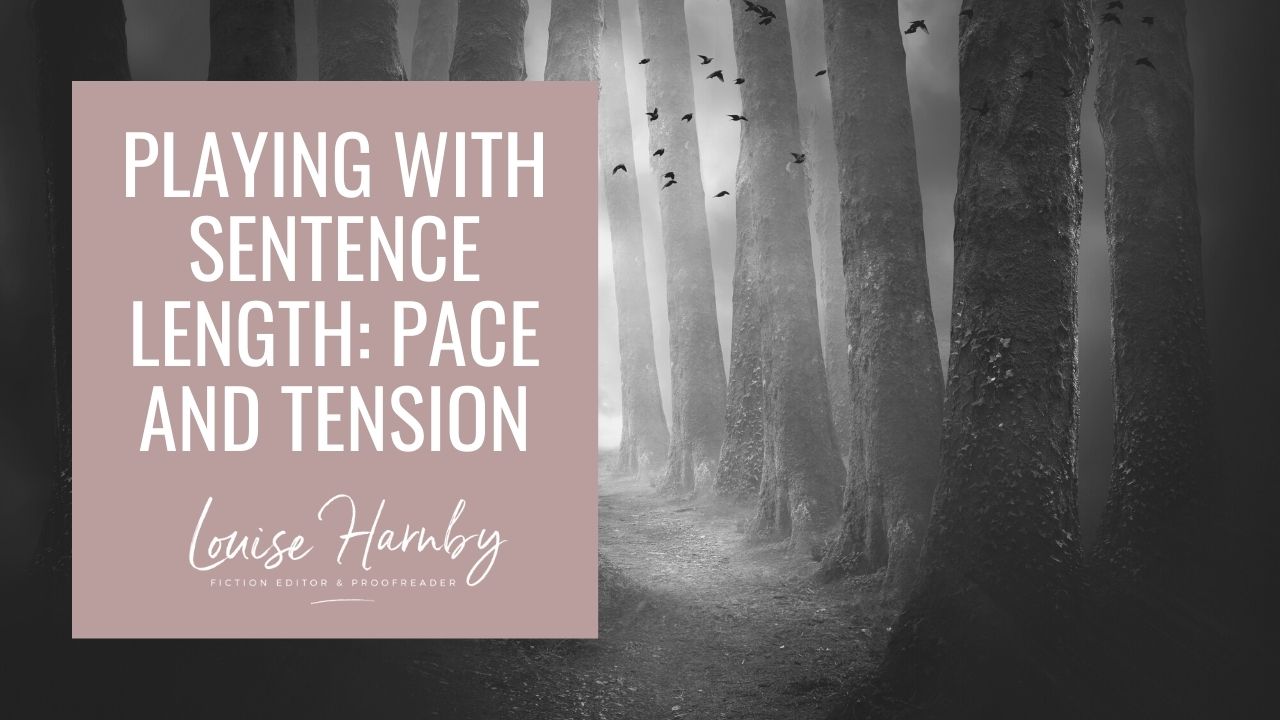
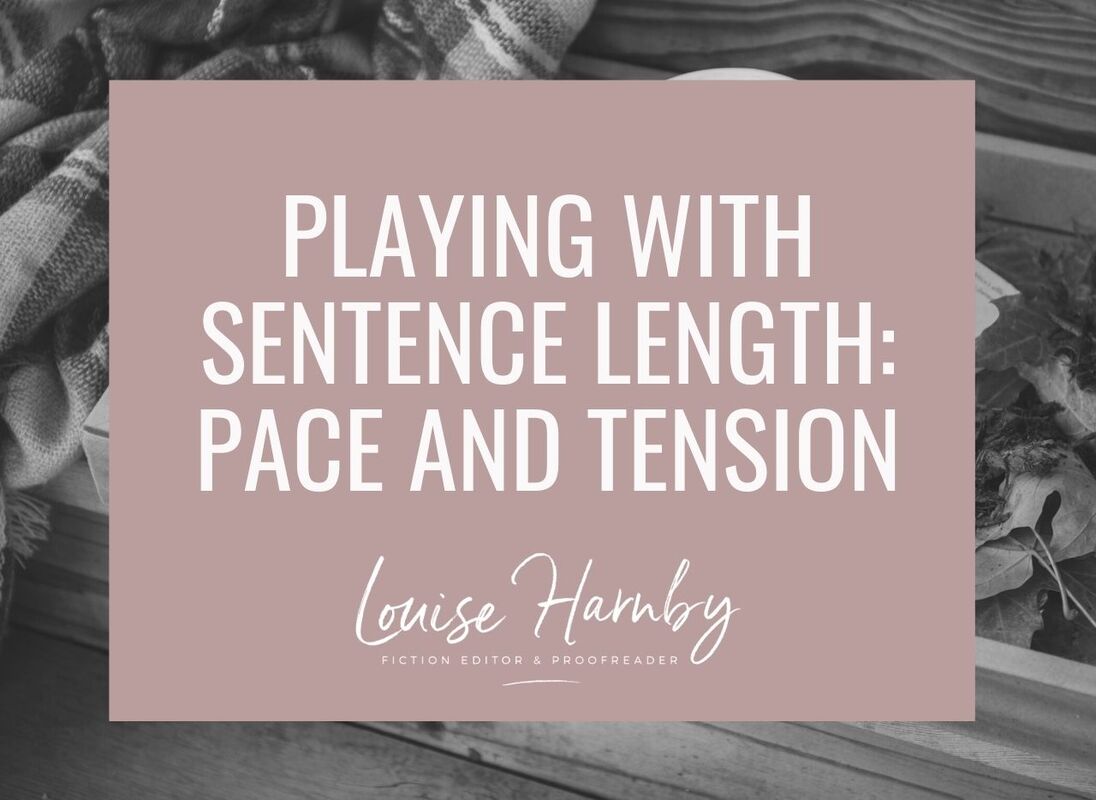
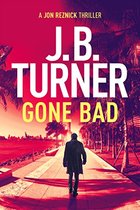
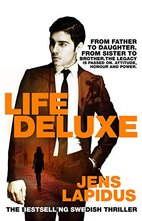
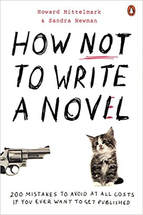
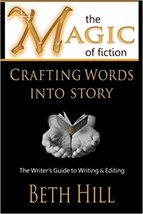













 RSS Feed
RSS Feed





